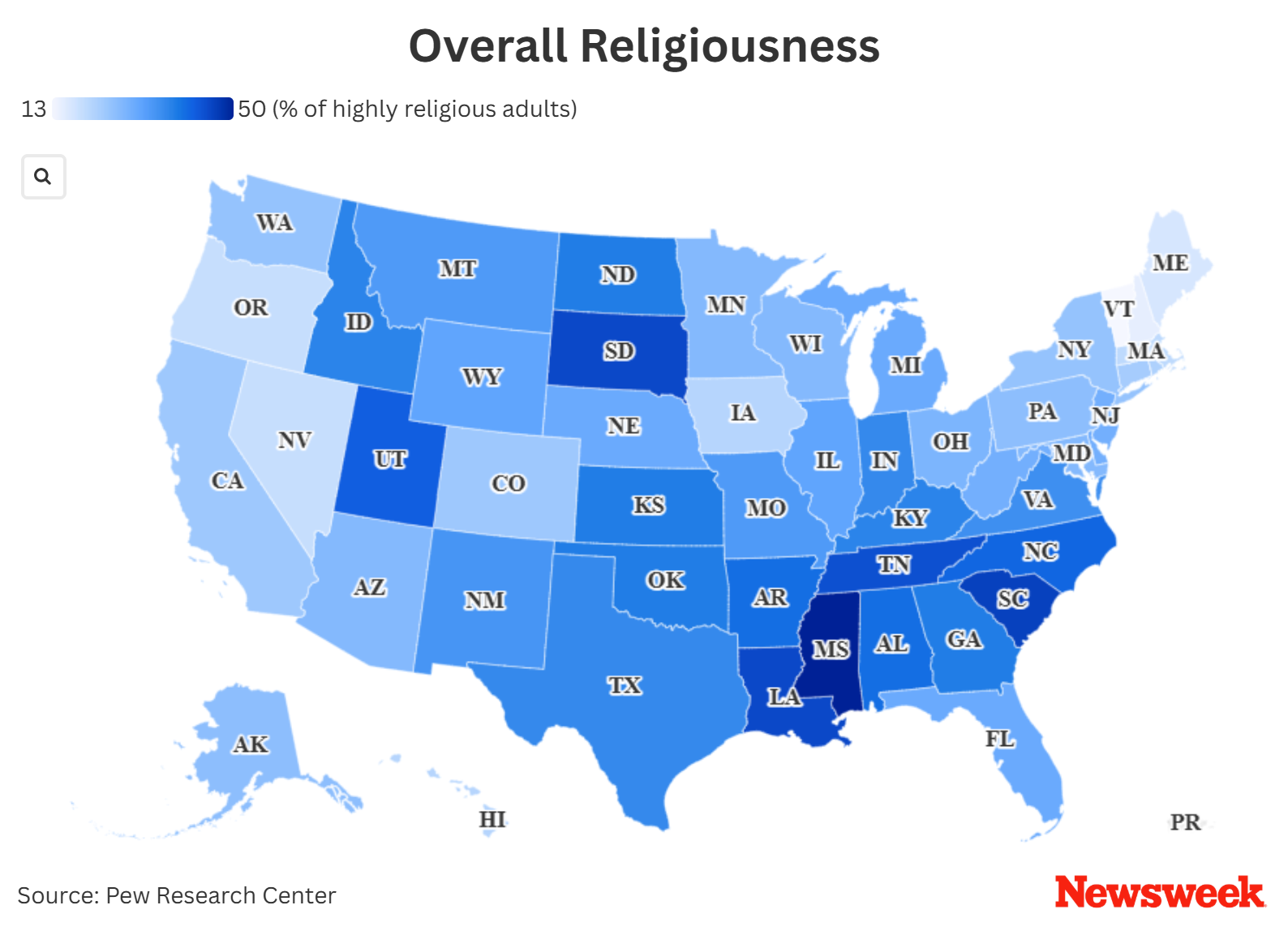By The Hindu Bureau
Copyright thehindu

The Assembly on Tuesday referred to the subject committee the Kerala Single Dwelling Place Protection Bill 2025 aimed at protecting families from losing their mortgaged single dwelling place on account of non-repayment of loans.
Dwelling place protection committees will be set up at the State and district levels for the purpose.
Any person who wants to get benefits under the Act will have to submit an application with allied documents before the district committee, which will conduct a preliminary inquiry and take necessary conciliation measures for amicably resolving the repayment liabilities.
In cases where the district committee is satisfied that there is no means for the debtor or the family members for making repayment or when there is no scope for conciliation, it will submit recommendations to the State committee regarding taking over of the repayment amount fully or partially by the government.
As per the clauses of the proposed Act, those who have availed a loan amount not exceeding a maximum of ₹5 lakh are eligible for protection. The total repayment amount, including the loan amount, interest, penal interest and other incidental expenses, should not exceed a maximum of ₹10 lakh.
Except the property mortgaged, the debtor and family, either himself or jointly, should not have other properties or have other means for repayment.
The total extent of land belonging to the debtor and family, either individually or jointly, should not exceed 5 cents in municipal or corporation area or 10 cents in grama panchayat area. The annual gross income of the debtor and family should not exceed a maximum of ₹3 lakh.
After the date of raising of the loan, the debtor or family members should not have transferred any of the properties belonging to themselves. The protection will not be available to those loans raised except for the purposes of education, treatment, marriage, house building or house renovation, agriculture and creation of livelihood for self-employment.
In the case of the government taking over the repayment liability fully or partially, a family will not be eligible to get such benefits more than once.



